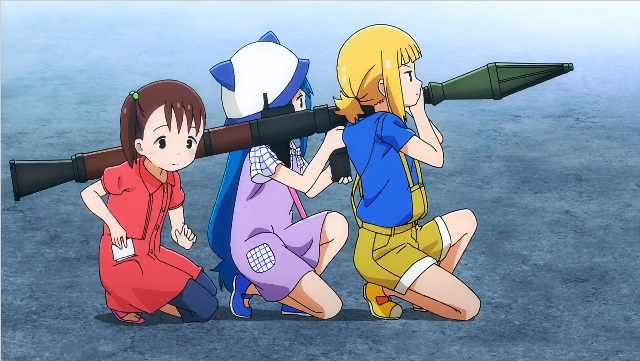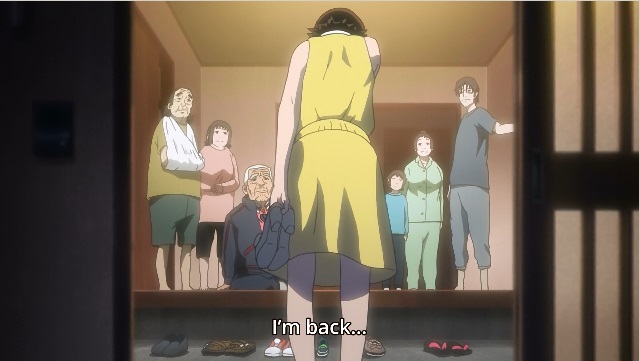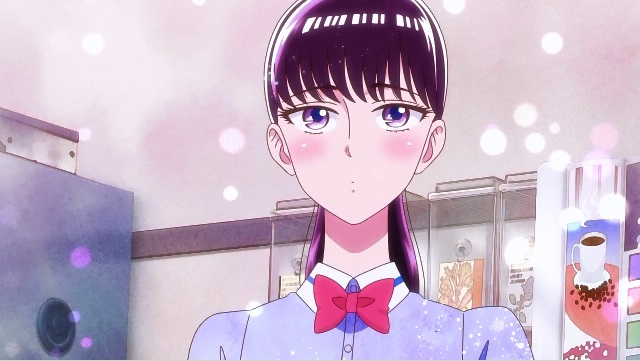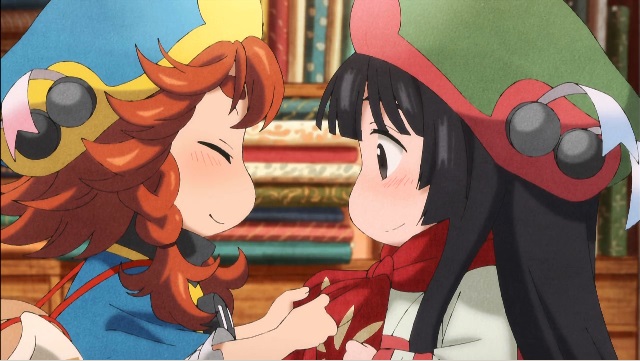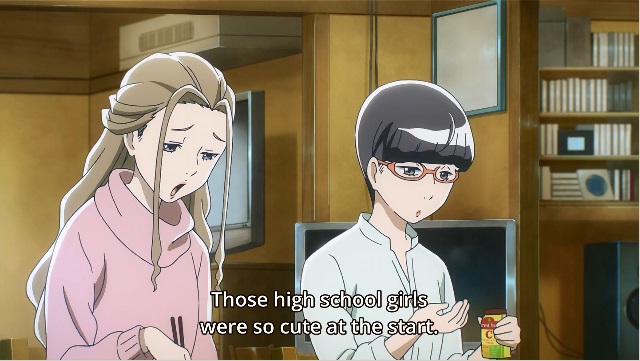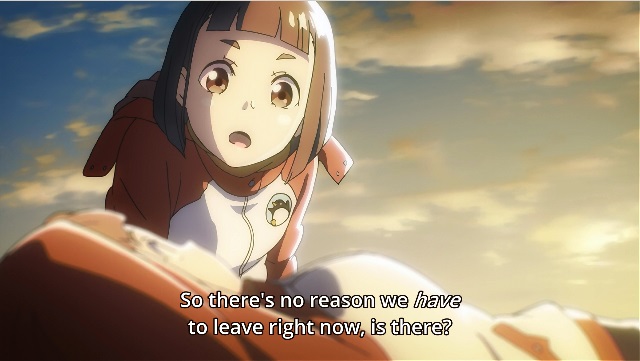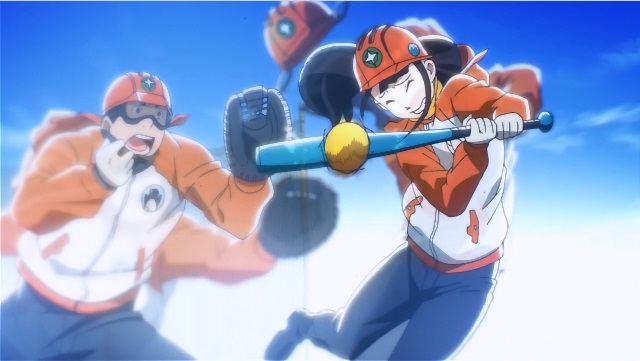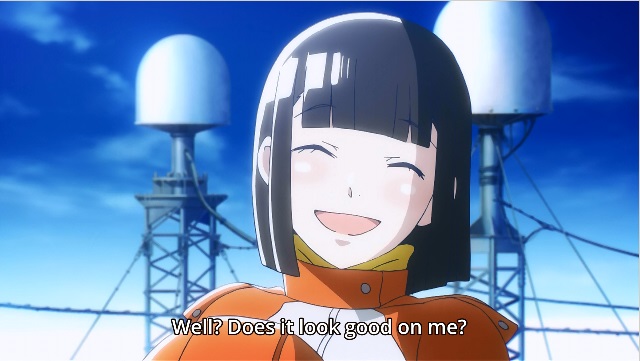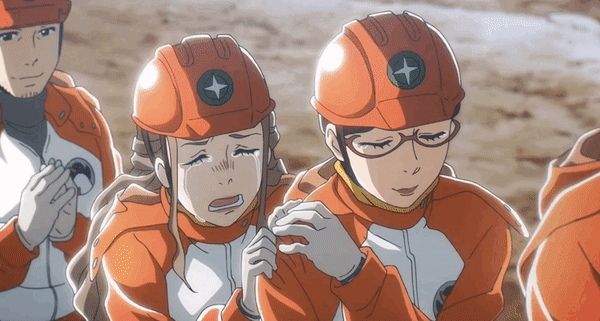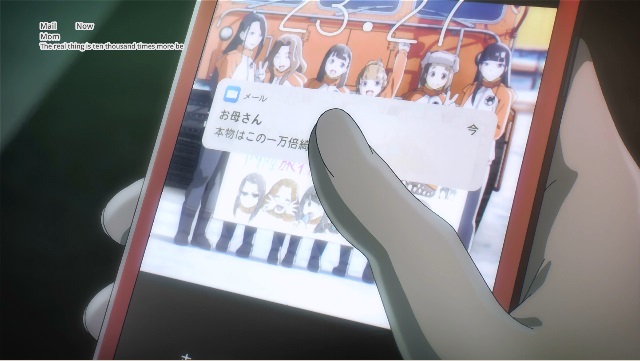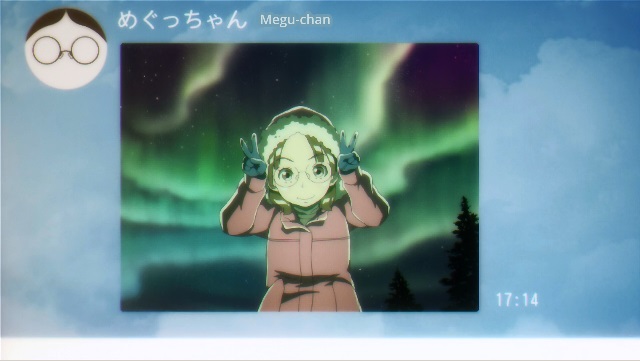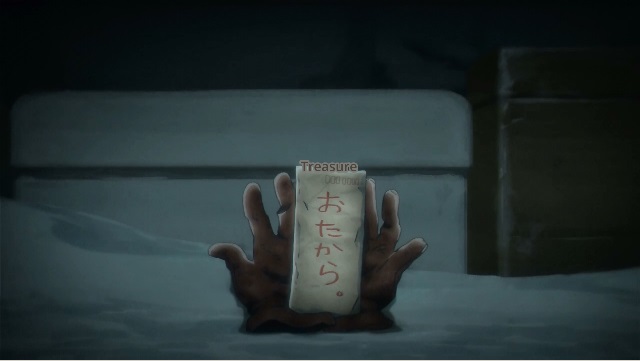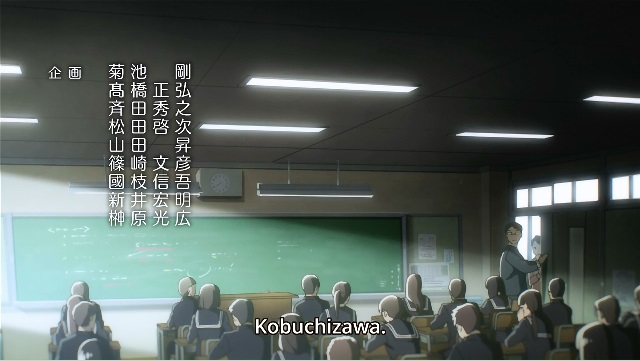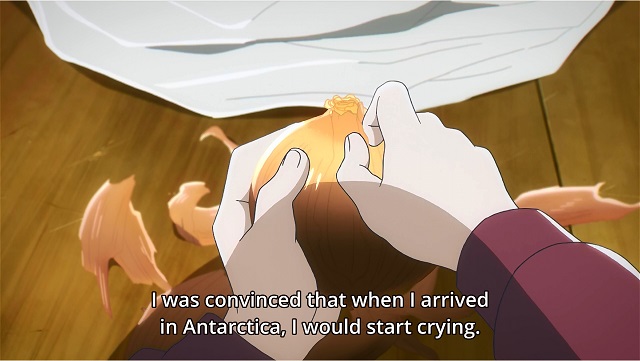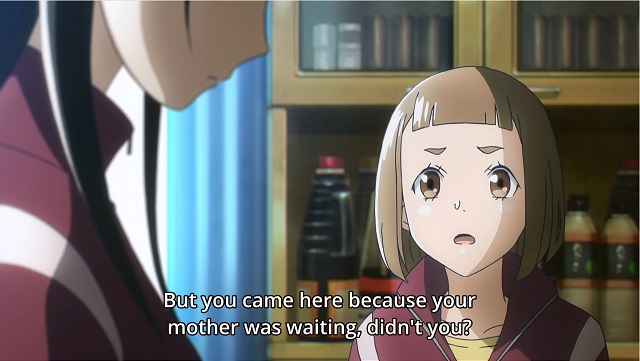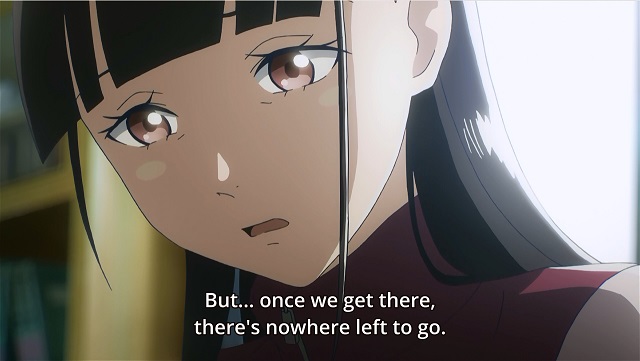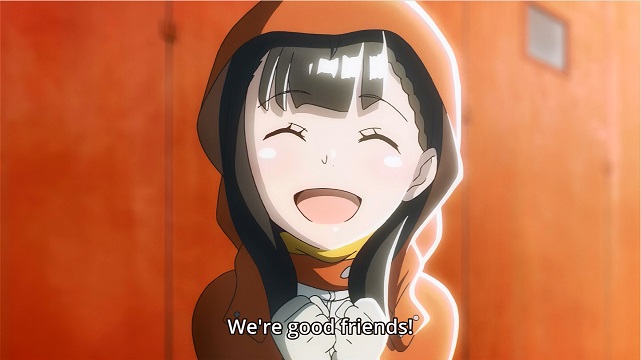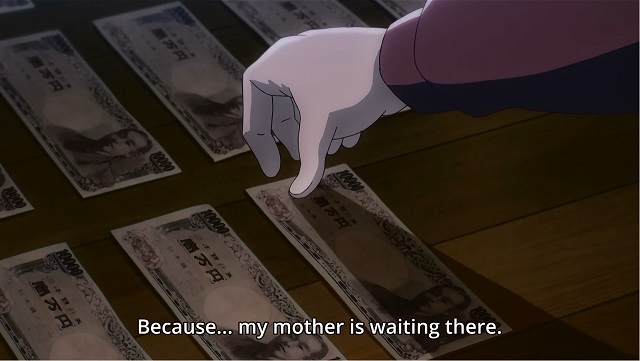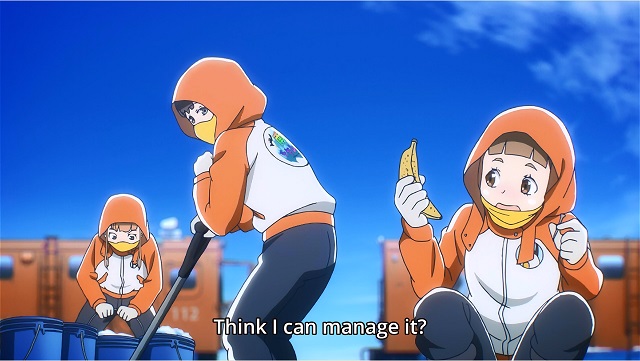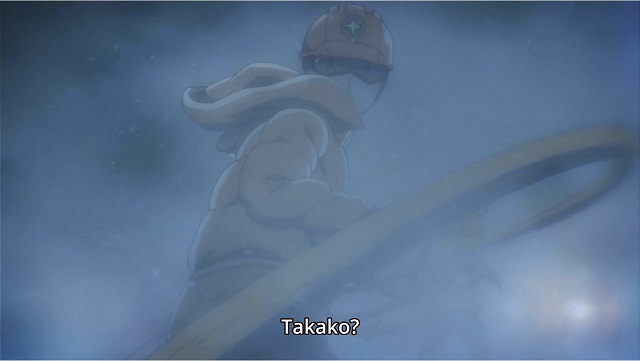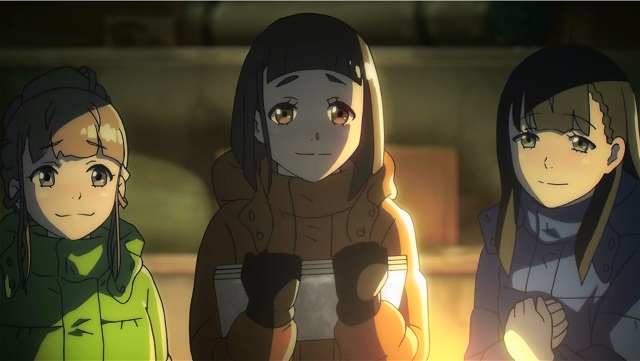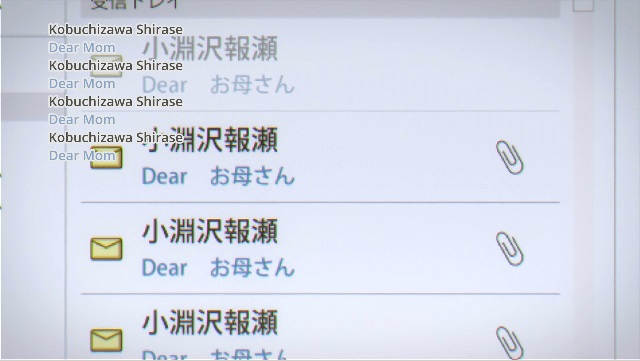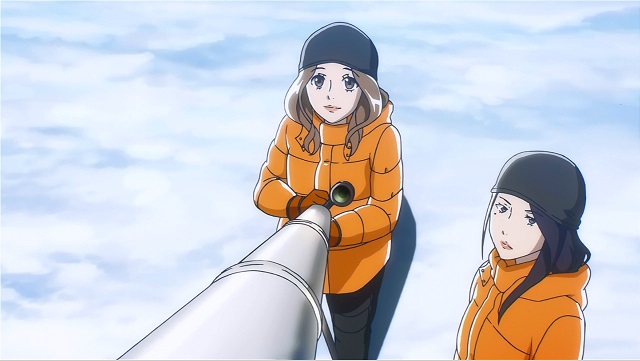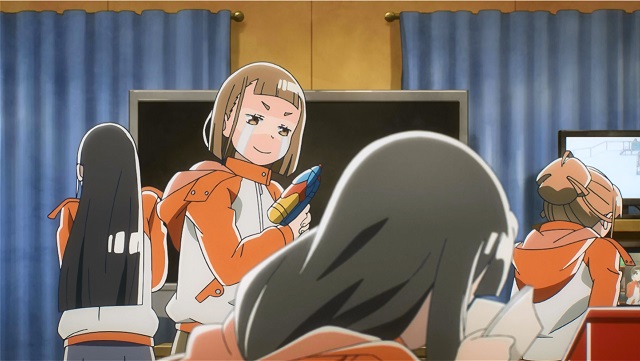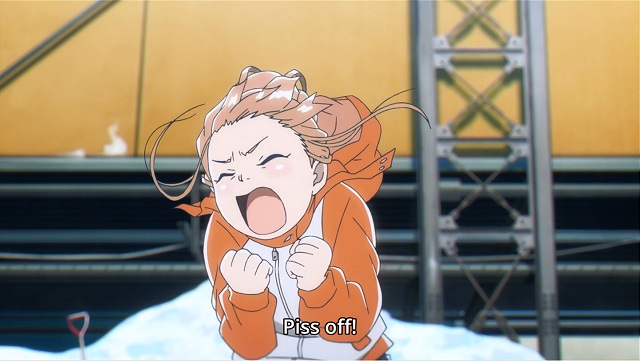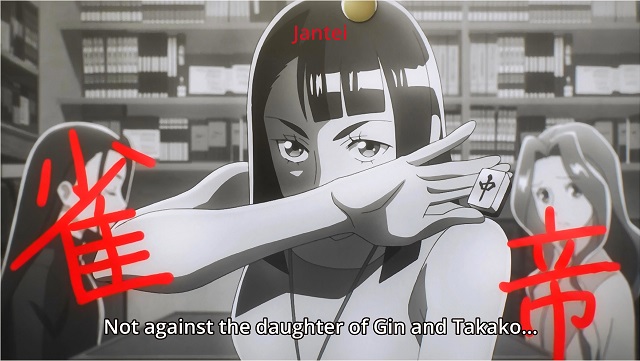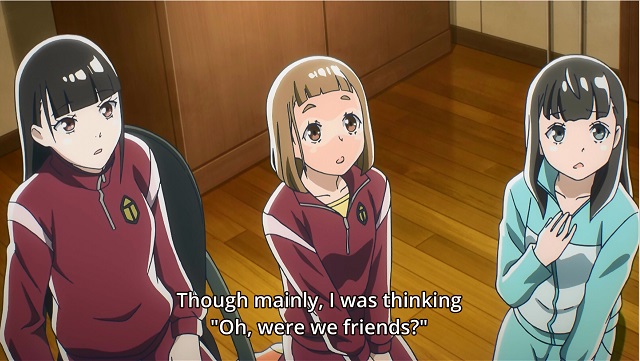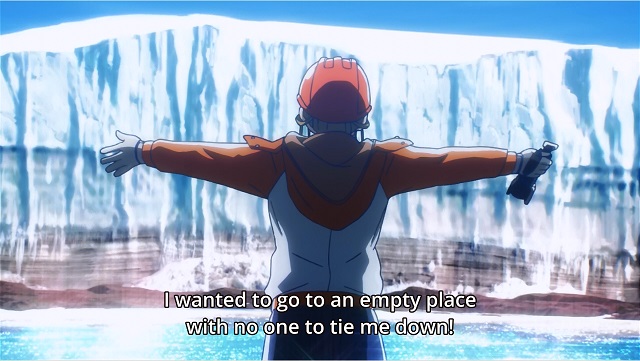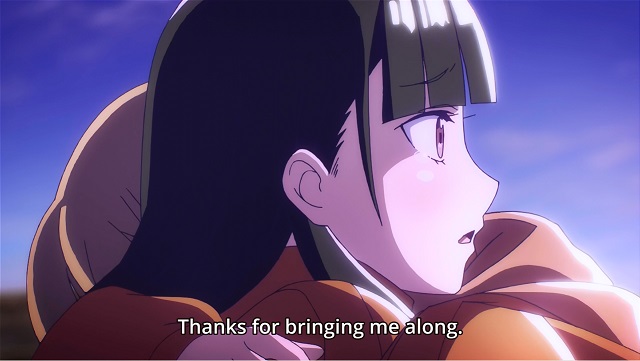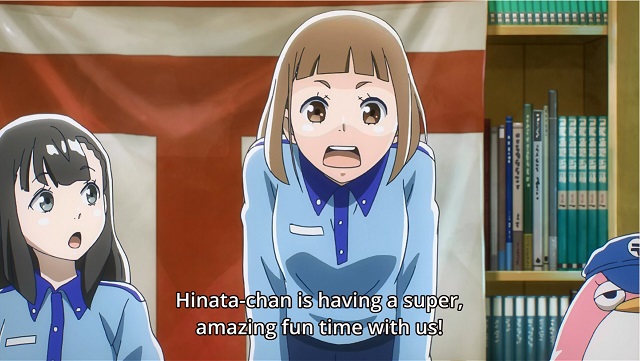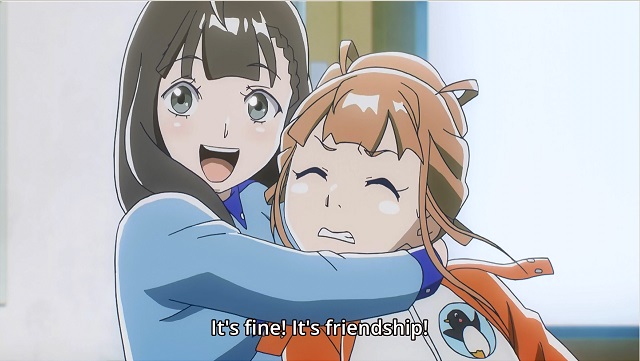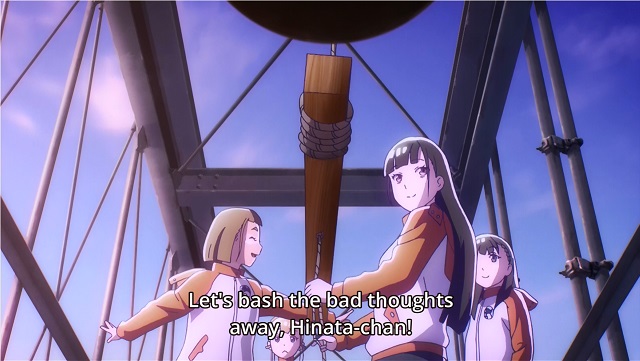The real world may have been a scary and distressing place this year, but in anime 2018 was remarkably cozy.
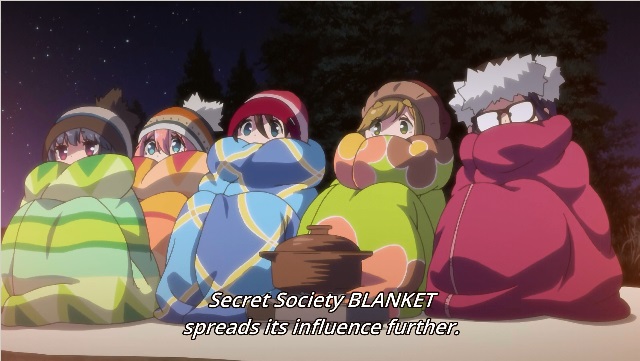
This was a good year for slice of moe series, those shows that focus on the everyday life of usually high school girls (rarely high school boys). When I first started watching seasonal anime a few years ago and started watching everything I assumed these series were made for girls, because that’s what you expect from shows populated almost exclusively with women, don’t you, coming from a western perspective? Anime fandom however quickly made it clear that all those “moeblob shows” were aimed at gross otaku manchildren and you shouldn’t admit too loudly to watching them. Luckily that view is slowly changing as more people lose their hangups about what counts as respectable anime. For me this sort of show probably fuctions like a sort of ersatz emotional labour, getting to relax and unwind by watching anime girls going camping or cheerleading or even going on a trip to Antarctica.
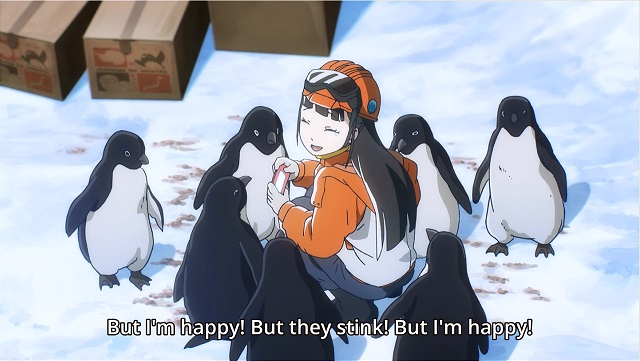
Sora yori mo Tooi Basho was not just the best slice of moe show this year, but immediately became my favourite anime of the year and despite stiff competition, hasn’t shifted from that spot. What started out as a light hearted adventure about a girl who realises she never had a big dream and she’s already in her second year in high school in the end turned into a study in grief and processing it. Watching it week by week was cathartic, leaving me on the verge of tears almost every episode. For obvious reasons female friendship is a theme in most slice of moe series, but it’s rarely done as convincingly as it was done here, with four girls at first united only by their desire to go to Antarctica becoming close friends over the course of the series, growing up week by week as they tackled the challenges thrown at them. Such a female centered coming of age story is rare and one told as well as this, even rarer. It was also incredibly funny, which is always a bonus.
Winter 2018 was in any case a strong season for slice of moe shows. Besides Yorimoi there was Ramen Daisuki Koizumi-san, about a girl who loves eating ramen and her friend/stalker who loves her very much, Mitsuboshi Colors, about three elementary school girls/shitlords playing around and bullying their local police officer, Slow Start, about a girl who had to skip a year between middle and high school and is terrified people might find out and Hakumei to Mikochi, two literal little women being only a few centimers tall living together in a magical world. But the best of them all was Yuru Camp. Incredibly well animated as you can see above, funny, but above all warm and cozy. You have this one girl who likes being on her own, going on solo camping trips meeting another girl, energetic and outgoing who becomes her friend and also takes up camping, joining their local school’s outdoors club. And where most series would’ve the first girl join as well, this never happens in Yuru Camp: her desire to be left alone from time to time is completely respected. Instead you get a much more realistic view of friendship, where not all the characters are friends, but some are friends of friends, people you’re friendly to but not necessarily are friends with. It was great seeing the friendship and perhaps something more bloom up between the two main characters and all the camping related stuff was fun and reminded me of going camping myself.
The rest of 2018 was less strong, but there were still a few standout shows. Comic Girls was a show about an anxiety ridden high school mangaka who on the suggestion of her editor starts living in a dorm with three other high school mangaka. Equally insecure and thirsty, Kaos was actually a thinly disguised, hopefully exaggerated version of the original manga’s creator. Most of the show was well animated, fluffy fun as expected from a Manga Time Kirara adaptation, but Kaos’s anxiety is handled seriously even when it’s the source of much of the humour in the series. The same goes for the attraction Kaos has for one of her dorm mates: she’s incredibly thirsty about it, but that attraction itself is never ridiculed. It’s this hidden seriousness that makes this a better series than something like Slow Start, which may seem very similar at first blush. Not that the latter is bad, it just misses some of the bite of Comic Girls.
Another standout this year was the third season of Yama no Susume, the half length anime about school girls going mountaineering. In the previous season they had tried to climb Mount Fuji, but our main protagonist,Yukimura Aoi, failed; this season was all about preparing to try again, probably next season. What also drove this season was that her best friend Kuraue Hinata was getting jealous of the new friends she made climbing mountains. It had been Hinata who’d introduced Aoi to the sport in an attempt to draw her out of her shell, but now that she was becoming less shy and actually making friends without her, Hinata became a bit jealous, feeling left out. As you can see from the clip, you don’t need narration to understand something is going on between these friends. That’s always been the greatest strength of Yama no Susume, its incredible character animation and gorgeous scenery.
On the other end of the spectrum we have a series like Anima Yell!, another Manga Time Kirara four panel manga adaptation, with decidedly ‘cheap’ animation, proably because the studio responsible, Doga Kobo, was also busy with a higher profile series the same season. Even a showcase set piece like the clip above isn’t as good a similar clip from any of the series mentioned here. There are a lot of static shots, lots of talking heads and other less obvious ‘cheats’ to simplify the animation. It also lacks some of the depth of the other series, this is based on a four panel gag manga after all and in the first episode especially you could almost see the panels. As such it’s arguable a much more representavive example of a slice of moe series than something like Yuru Camp or Yorimoi. But, it’s a fun series with fun characters, a bit of yuribaiting and it was one of the series I’d always watch first the day it came out. And that’s the real strength of slice of moe shows; they’re almost always a fun time, something bright to look forward to each week even when you don’t have enough energy for something more demanding.
This is the tenth post in this year’s twelve days of anime challenge. Tomorrow: Watching too many kids shows.
